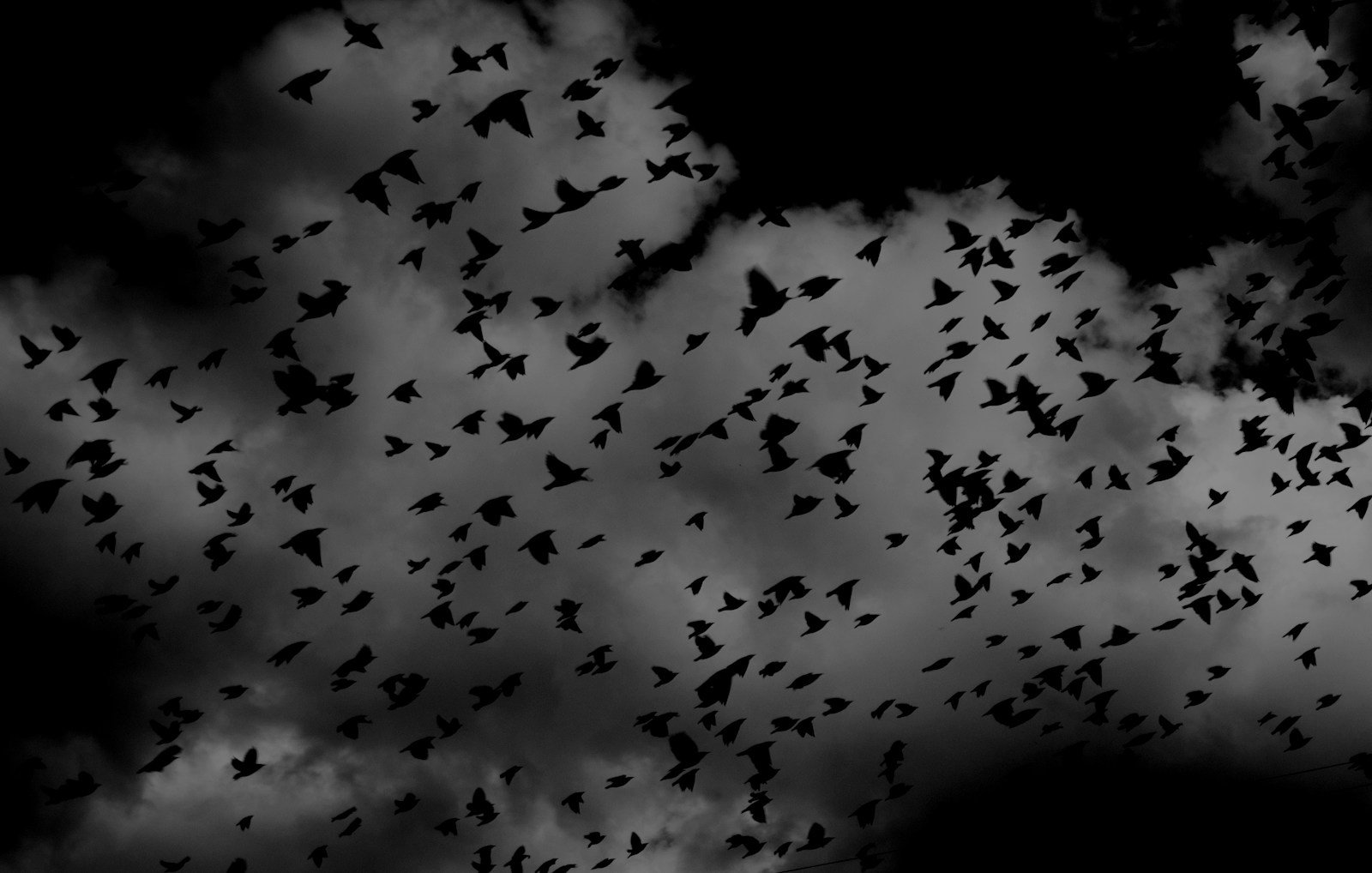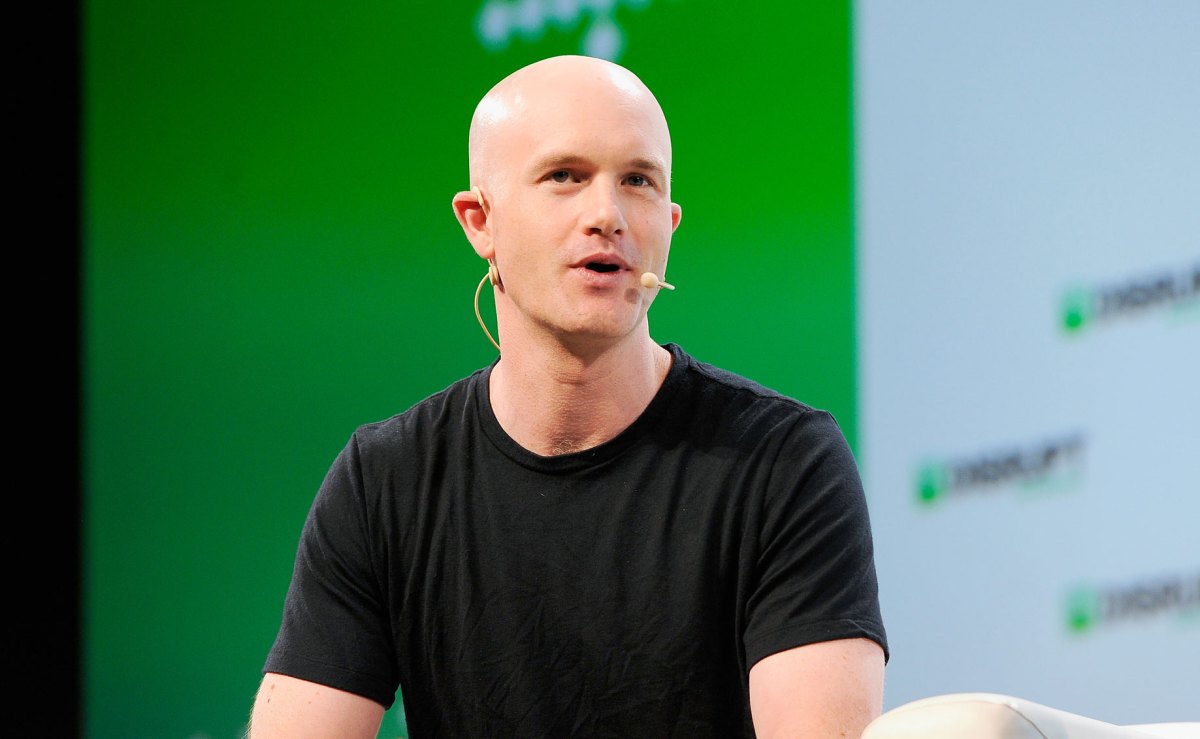Ukraine’s insidious enemy: Its own leadership
Jamie Dettmer is opinion editor and a foreign affairs columnist at POLITICO Europe.
As a democratic state, Ukraine is under assault from two sources. Its first and most obvious adversary is Moscow, which has long wanted to return the country to the days of being a Kremlin plaything, a mere Russian satellite.
But arguably there’s another insidious and corrosive adversary from within — the country’s own semi-autocratic leadership.
This is what opposition lawmakers and civil society activists have been arguing for months, as Ukraine’s presidential administration has been grabbing more power, weakening other governing and regional institutions — including the country’s parliament — while also intimidating critics in a bid to silence them with hue-and-cry campaigns or by labeling them as Russian stooges.
They say the extent of this democratic backsliding became clearer this week after President Volodymyr Zelenskyy gutted Ukraine’s two key anti-corruption agencies, which had been zeroing in on top government officials. The move prompted the first country-wide street protests since Russia’s full-scale invasion began in 2022.
In Kyiv, hundreds of protesters gathered near the presidential complex while crowds of veterans, active-duty soldiers and civilians gathered in dozens of other towns, including Lviv and the frontline cities of Odesa and Dnipro. Despite the rallies, Zelenskyy approved the new law, which will hand substantial authority over the National Anti-Corruption Bureau (NABU) and the Specialized Anti-Corruption Prosecutor’s Office (SAP) to the politically appointed prosecutor general.
U.S. President Donald Trump, a longtime frenemy of Zelenskyy, might have been an unwitting ally as the Ukrainian leader targeted his country’s corruption busters.
“He knows the U.S. won’t pressure him,” said a former Zelenskyy minister, who asked not to be named for fear of reprisal. The decision to gut the agencies resulted from “the realization that NABU would continue [getting] closer to others in the governing inner circle,” they said, citing a NABU land-grab probe into former Deputy Prime Minister Oleksiy Chernyshov as something that would have terrified insiders.
“This is the logical culmination of tightening the screws at home. The new narrative is simple: You’re either with Zelenskyy or you’re a Russian agent,” they added.
According to Steve Bannon, Trump’s former chief strategist and host of the “War Room” podcast, Zelenskyy’s decision to target the anti-graft agencies may have been a smart one. “He knows MAGA is trying to nail him on stealing billions. Better to have Marjorie Taylor Greene and the War Room whine about corruption than actually have an office and folks there [that] he does not control doing something about it,” he told POLITICO.
With public and EU pressure mounting on Zelenskyy, the Ukrainian leader appeared to offer a concession Wednesday night, saying in his regular evening address that he will advance new legislation responding to protest demands that will ensure “all the norms for the independence of anti-corruption institutions will be in place.”
What he meant remains unclear and hasn’t quelled public anger over a law he signed in such haste.
The two agencies in question came into being in 2015 at the insistence of the EU and other international partners, including the administration of then-U.S. President Barack Obama. Washington and Brussels wanted to see Ukraine genuinely combat its deep-rooted and endemic corruption problem, and pressed for the establishment of anti-graft bodies independent of the government, ones that would be powerful enough to probe wrongdoing by top officials and those with political connections.
But Law No. 12414, which Zelenskyy quickly signed after it was rushed through the Verkhovna Rada with almost unprecedented haste, now strips both NABU and SAP of that independence. Instead, it grants the prosecutor general’s office the power to issue orders to these agencies and reassign cases to their own prosecutor, in effect dismantling the safeguards that protect those bodies from undue political meddling.

In his address on Tuesday night, Zelenskyy assured Ukrainians he had no intention of undermining the work of either agency, hinting that the changes were needed to safeguard the bodies from Russian influence. “The anti-corruption infrastructure will work, only without Russian influence — it needs to be cleared of that. And there should be more justice,” he posted online.
But neither he nor his powerful Chief of Staff Andriy Yermak, who acts as a co-president, have indicated how exactly Moscow might have been influencing either agency.
Lesia Vasylenko, an opposition lawmaker with the pro-European Holos party, called the dismantling of the anti-corruption structure a “bad decision. A wrong decision.” Speaking to POLITICO she said: “I am very proud of the Ukrainians who took to the streets to stand up for what is right and the kind of Ukraine the people really want.” But she also cautioned that “we are in a very difficult time. The last thing we need is a revolution in the middle of a war.”
Certainly, NABU and SAP officials view Law No. 12414 as a threat to their missions. “In effect, the anti-corruption infrastructure was dismantled by the votes of 263 members of parliament,” NABU chief Semen Kryvonos said at a joint press briefing with chief Anti-Corruption Prosecutor Oleksandr Klymenko. “The two independent institutions, NABU and SAP, are effectively being made fully dependent.” (According to local media, 18 of the lawmakers who voted in favor of the new law are suspects in NABU probes.)
Despite Zelenskyy’s reassurances, this is also the view of EU officials and diplomats. For months they’ve been complaining bitterly — though always in private — about the Ukrainian president’s democratic backsliding. They’ve been unhappy with the purges and reshuffles that have seen the departure of more independent-minded ministers and officials from government, such as former Minister of Foreign Affairs Dmytro Kuleba and the former head of Ukraine’s national power transmission network, Volodymyr Kudrytskyi.
They were uncomfortable with the dismissal of armed forces commander General Valery Zaluzhny — who had clashed with the president over both war strategy and the need to mobilize many more Ukrainians to fight — not to mention the inexplicable hold that Yermak seems to have over Zelenskyy. EU officials also expressed fears that the search for traitors and Russian collaborators mounted by authorities was turning into political witch hunts aimed at silencing critics.
Still, until now, these concerns were kept private — largely to avoid giving Moscow a propaganda gift or undermining Western support for Ukraine’s defense.
But this time is different.
Posting on social media before the new law’s approval, European Commissioner for Enlargement Marta Kos said the situation would hurt Ukraine’s accession negotiations. “Independent bodies like NABU & SAPO are essential for Ukraine’s EU path,” she wrote. Meanwhile, the ambassadors of G7 nations in Kyiv issued a joint statement expressing their “serious concerns.”
Other top officials in Brussels indicated their disapproval as well, including European Commission President Ursula von der Leyen, who has demanded answers from Zelenskyy.
So why are EU officials only now publicly expressing their worries about this monopolization of power?
In part it’s because the move on the anti-corruption agencies was so blatant. According to both public record and anti-graft officials who spoke to POLITICO on condition of anonymity, NABU had opened probes into the dealings of presidential office insiders and ministers. Added to which, the presidential administration had started going after anti-corruption activists like Vitaly Shabunin, head of the Anti-Corruption Action Center NGO.
Shabunin warned on social media: “Zelensky’s prosecutor general will stop investigations against all the president’s friends.”
The fierceness of the public response likely caught the EU’s attention as well. The Kyiv Independent, an English-language media outlet read closely in Brussels, headlined its sharply critical editorial: “Zelensky just betrayed Ukraine’s democracy — and everyone fighting for it.”
Opposition lawmaker Mykola Knyazhitskiy also agrees that the trigger for gutting the agencies was their targeting of presidential insiders. “NABU has been close to bringing charges against several extremely influential people, and the authorities needed to protect themselves urgently,” he told POLITICO.
He also suspects Zelenskyy and Yermak felt they could curtail the independence of the agencies and escape punishment. “They believe neither the EU nor the U.S. will show as much interest in the activities of anti-corruption bodies as they did before, since they will still be forced to support Ukraine,” Knyazhitskiy said.




















:quality(85):upscale()/2023/09/18/918/n/1922398/a1136b676508baddc752f5.20098216_.jpg)
:quality(85):upscale()/2025/10/09/670/n/1922283/00b944c868e7cf4f7b79b3.95741067_.jpg)
:quality(85):upscale()/2025/10/15/765/n/1922398/29c37a6e68efd84bb02f35.49541188_.jpg)
:quality(85):upscale()/2025/09/09/891/n/1922283/7222624268c08ccba1c9a3.01436482_.png)













:quality(85):upscale()/2025/08/13/775/n/1922283/3c0cbead689ccd0c422644.10221678_.png)



